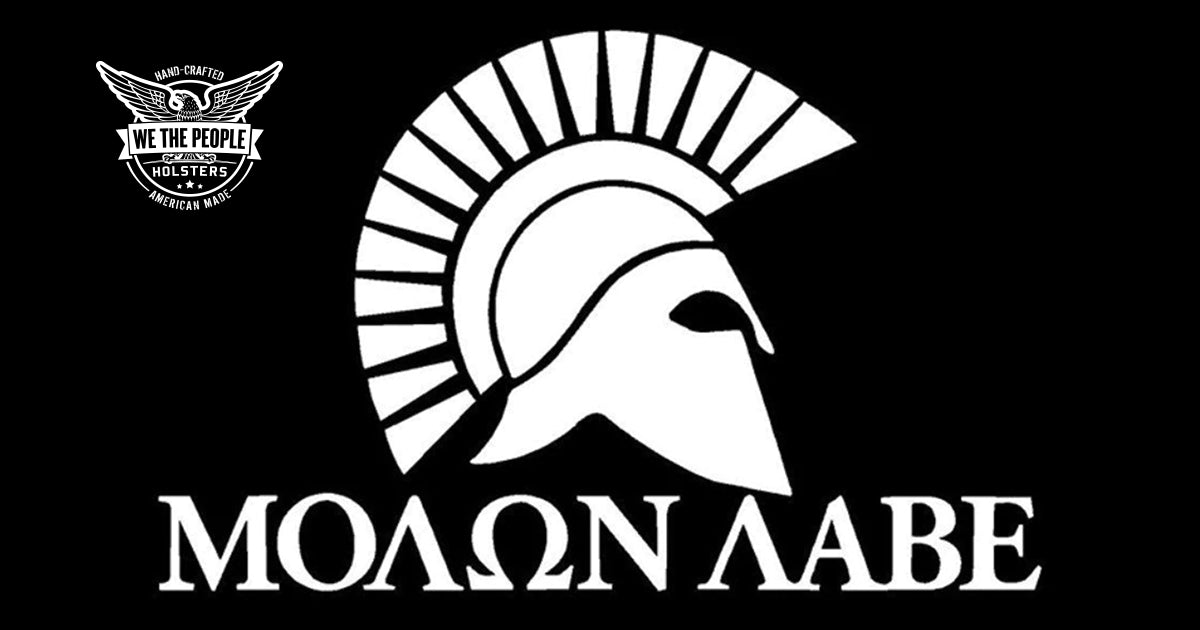The Power of S.E.E.
- Rah Boz
- Jun 13
- 3 min read
Why We Must Separate Opinion from Expertise

In an age where everyone has a platform, everyone becomes a preacher. We live in a time where opinions often scream louder than facts, and personal beliefs are paraded as universal truths. But here’s the reality: without a credible Source, Education, or Experience — what I call the Power of S.E.E. — you’re not enlightening anyone. You’re just imposing your opinion on others.
This isn’t about silencing people. This is about recalibrating the conversation to respect what’s real, what’s earned, and what’s merely felt.
S is for Source: Credibility is Not a Meme
Let’s start with the S in S.E.E. — Source.
When someone tells you, “I read somewhere that…” or “I heard on a podcast…” ask them one simple question: where’s the source? Not an Instagram story, not a random YouTube rant, and definitely not your cousin’s friend who “used to work in the industry.” A credible source means peer-reviewed research, subject matter experts, or direct, verifiable experience.
Without it, you’re building a house of logic on sand.
We live in a time when misinformation spreads faster than wildfire, and the average person mistakes virality for validity. The internet democratized information, yes — but it also flooded the ecosystem with noise. Not every source is equal. And if you can’t trace your claim to a legitimate, unbiased, and professional source, then what you’re really doing is performing — not informing.
E is for Education: Knowing What You Don’t Know
The second pillar in the Power of S.E.E. is Education — not necessarily in the academic sense, but in the intellectual humility it demands.
Having a degree doesn’t automatically make someone right, just as lacking one doesn’t make someone wrong. But without a broad and deep understanding of a subject, it’s dangerous to speak with authority. If you haven’t read the literature, studied the debates, or understood the historical context, then perhaps your perspective should start with a question, not a declaration.
Education teaches us how to think, not what to think. It trains us to examine data, consider opposing views, and admit when we’re wrong. People who are educated in a topic don’t rush to be right — they pause to be thorough. And they know that it’s not a sign of weakness to say, “I don’t know.”
That’s a strength. That’s the beginning of real conversation.
E is for Experience: The Final Teacher
The third and final pillar is Experience.
This is the test of reality. The battlefield. The lab. The workplace. The operating table. The startup failure. The field work in the trenches. You may think you know what it’s like to be a teacher, a nurse, a mechanic, a therapist — but unless you’ve done it, you don’t know.
Experience gives knowledge texture. It tempers black-and-white theory with the greys of reality. It reveals the flaws in our assumptions. And more importantly, it earns the right to speak with confidence — not just conviction.
So before jumping into a debate on climate science, trauma psychology, public policy, or even parenting — ask yourself: Have I lived it, practiced it, or studied it under someone who has? If not, then your job isn’t to dominate the conversation. It’s to listen.
Opinion is Not the Same as Truth
You are entitled to your own opinion. That’s the beauty of free thought.
But you are not entitled to your own facts. That’s the discipline of truth.
There’s a difference between having a perspective and demanding that others validate it. When we confuse these things, we invite friction. We insult intelligence. We muddy discourse. And we create echo chambers instead of ecosystems of real understanding.
That’s when someone has to say, calmly but firmly:
“Don’t insult my intelligence — and I won’t hurt your feelings.”
It’s not about being rude. It’s about setting boundaries. Boundaries that protect reality from being suffocated by rhetoric. Boundaries that remind us that respect isn’t owed to a loud opinion — it’s earned through the Power of S.E.E.
When to Speak, and When to See
Before you post, preach, or persuade — ask yourself:
What Source am I drawing from?
What Education do I have in this subject?
What Experience have I lived that informs my view?
If your answer to all three is none, that’s okay — it just means you’re at the listening stage of the conversation. That’s where we all begin. That’s how we all grow.
The Power of S.E.E. isn’t about elitism. It’s about humility.
In a world addicted to “hot takes,” let’s try something braver — thoughtful restraint.
Because it’s not just about being heard.
It’s about being worth hearing.






Comments